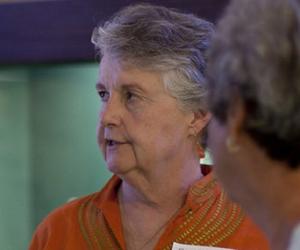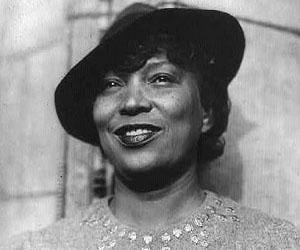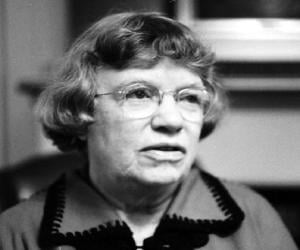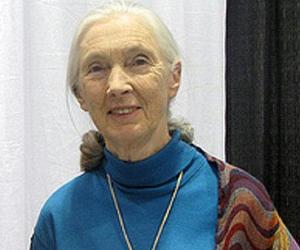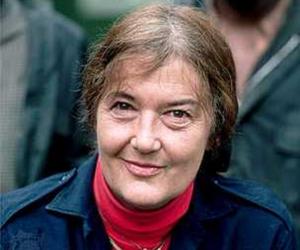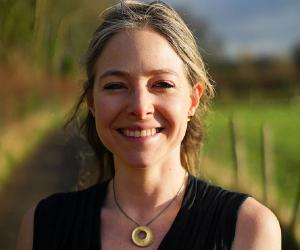Zora Neale Hurston was an author, anthropologist, and filmmaker. As an African American woman, she often depicted racial issues in the films she made. Her works also reflected her struggles as a black woman. In her early career, she conducted anthropological and ethnographic research and focused more on writing and film-making in her later years.
One of the most celebrated anthropologists to have ever existed, Margaret Mead is remembered for his research on a broad range of topics, such as sexual conventions in Western society. Of her 23 books, the most talked-about was the bestseller Coming of Age in Samoa.
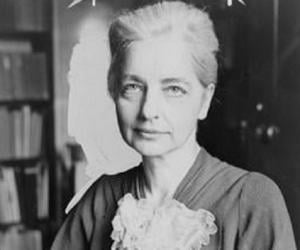
Ruth Benedict was an American folklorist and anthropologist. Benedict, who played an important role in the American Folklore Society, also served as the American Anthropological Association's president; the association gives away an annual prize named after Ruth Benedict. In 2005, she was made an inductee of the National Women's Hall of Fame.
Jane Goodall is an English anthropologist and primatologist. Goodall's research proved that chimpanzees could use tools like stalks of grass to fish out termites from termite holes; this also challenged the long-held belief that chimpanzees were vegetarians. Goodall also discovered that chimpanzees are capable of emotions like sorrow and joy. Goodall is also credited with founding the Jane Goodall Institute.
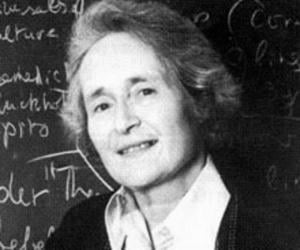
Best known for her book Purity and Danger, anthropologist Mary Douglas specialized in human culture and comparative religion. Initially employed with the British Colonial Office, she later worked with the matrilineal community of the Lele people of Kasai. She was known to be a devout Catholic.
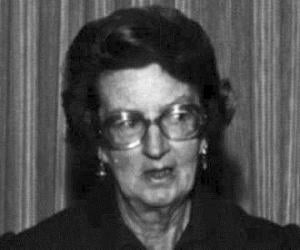
British paleoanthropologist Mary Leakey had exhibited her interest in drawing and archaeology as a kid. Most of her career was spent working alongside her husband, Louis Leakey. She was in charge of many excavation projects in Kenya. Her discoveries include the first Proconsul skull fossil and 15 new animal species.
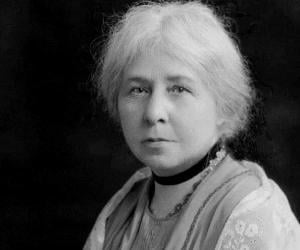
British Egyptologist and anthropologist Margaret Murray was also a scholar of witchcraft. Her best-known work is her 1921 book The Witch Cult in Western Europe, which inspired later witchcraft scholars such as Gerald B. Gardner. The University College London professor had worked in places such as Egypt, Malta, and Petra.
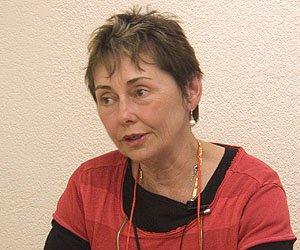

Best known for her research on the biological dynamics of love and sex, anthropologist Helen Fisher has also penned iconic self-help books such as Anatomy of Love and Why We Love. She has also worked with match.com, to develop a personality-based compatibility system and has been a TED speaker.
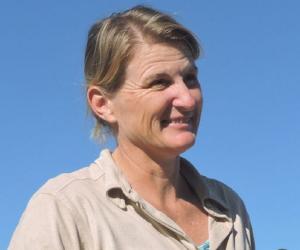

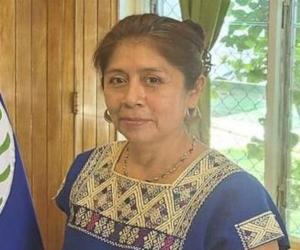
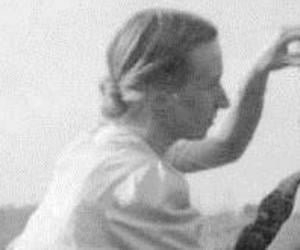
Eva Justin was a German anthropologist who specialised in scientific racism. Justin, who was active during the Nazi era, contributed to the crimes of the Nazis against the Roma and Sinti peoples. Eva Justin was tasked with studying children, who were then sent to concentration camps. At least 35 children studied by Eva Justin were killed in the gas chamber.

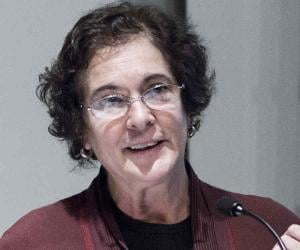


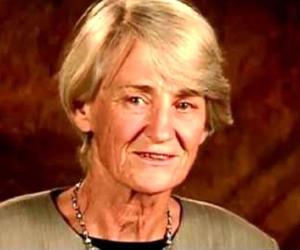
British paleoanthropologist Meave Leakey discovered a new branch of the human species, the Kenyanthropus platyops, or the flat-faced man of Kenya. Initially a zoologist in Nairobi, she studied modern monkeys as part of her doctoral research. She is the first Kenyan to be a National Academy of Sciences member.
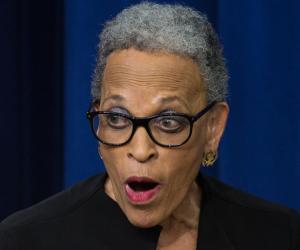

While she performs as a musician using the name Georgina Born, Georgina Emma Mary Born is also a successful anthropologist and academician, known for her research on music, culture, and media. A bass guitarist and cellist for the rock group Henry Cow, she also uses ethnography to study culture.

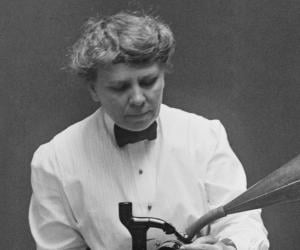
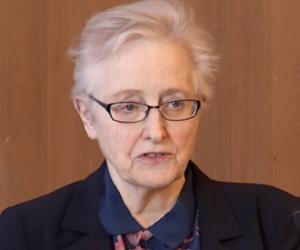
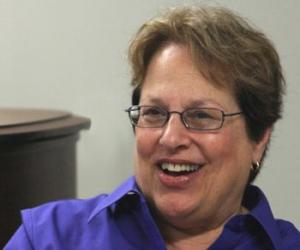
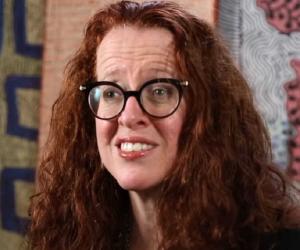
Apart from teaching at the ANU College of Engineering and Computer Science, Australian anthropologist Genevieve Bell has also had an 18-year stint at Silicon Valley as an Intel Fellow. The Stanford alumna is also a TED speaker and has been named an Officer of the Order of Australia.
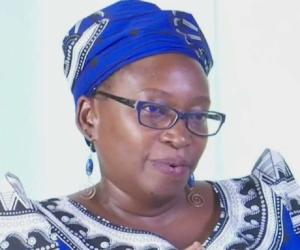
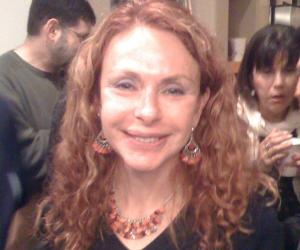
Born to a Polish father and a Belgian mother in Paris, anthropologist and academic Eliane Karp later studied in Jerusalem, before moving to Stanford. The wife of former president of Peru Alejandro Toledo, she was dragged out of court, while cursing, after Toledo was denied bail in a bribery case.

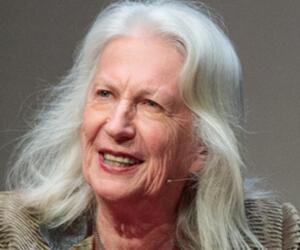
Dame Anne Salmond is a New Zealand environmentalist, anthropologist, and writer. She is best known for her books about Māori life and history. In 2004, she was honored with the prestigious Prime Minister's Award for Literary Achievement under the non-fiction category.
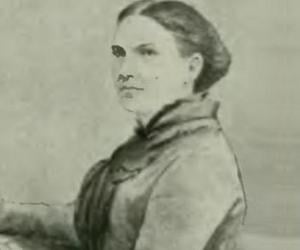
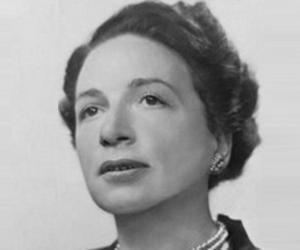
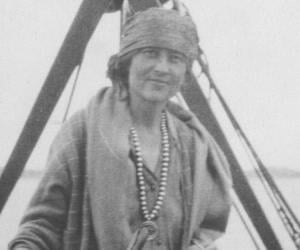
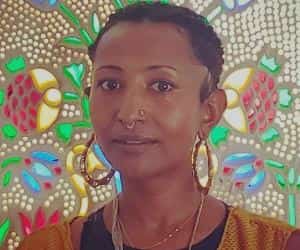
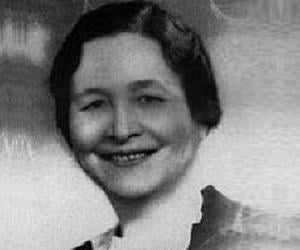
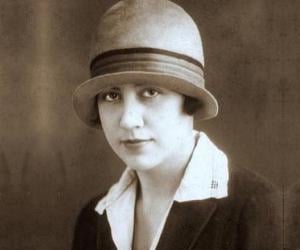
Lydia Cabrera was a Cuban independent ethnographer, writer, and literary activist. Cabrera published more than 100 books, including her most important work El Monte, the first major ethnographic study of herbalism, religion, and Afro-Cuban traditions. Lydia Cabrera’s research materials and papers were given to the Cuban Heritage Collection, which is part of the University of Miami's library.

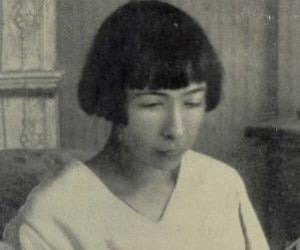
Alma Karlin was a Slovenian writer, traveler, poet, collector, theosophist, and polyglot. She is best remembered for her feat of becoming one of the first women from Europe to circumnavigate the globe alone. Alma Karlin is also remembered for her rich body of work that includes novels, short stories, and novellas.
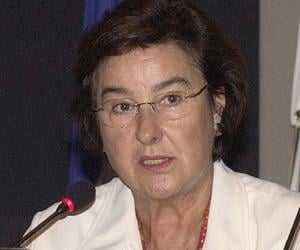
Ruth Cardoso was a Brazilian anthropologist. She was a member of the Faculty of Philosophy, Letters, and Human Sciences at the University of São Paulo (FFLCH-USP). She was married to politician Fernando Henrique Cardoso, who served as the 34th President of Brazil. With him, she co-founded the research institute Cebrap. She was also the author of several influential books.
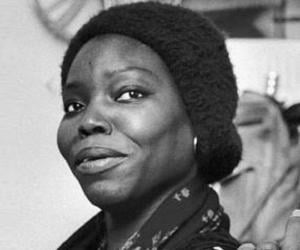
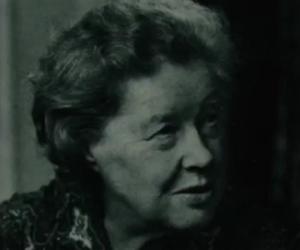
Audrey Richards, a pioneering British social anthropologist, produced notable ethnographic studies. She is best known for Chisingu: A Girl's initiation ceremony among the Bemba of Zambia. Her works covered a wide range of topics including nutrition, family structure, migration, and ethnicity. Audrey was also the first woman to hold the position of president of the Royal Anthropological Institute; she held it from 1964 to 1965.
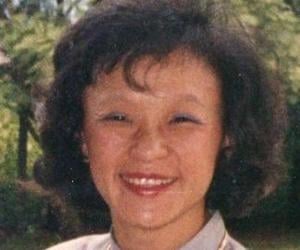
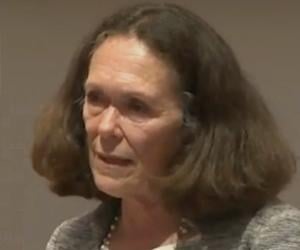
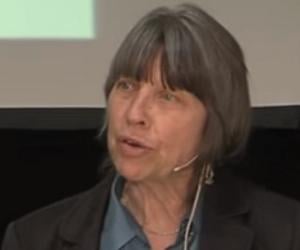
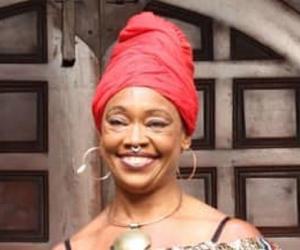

Aparna Rao was a German anthropologist best remembered for conducting studies on social groups in France, Afghanistan, and some regions of India. While Rao's research focused on agrarian populations in Jammu, Kashmir, France, and Afghanistan, her doctorate studies focused on ethnology, anthropogeography, and Islamic studies. Aparna Rao also taught anthropology at Germany's University of Cologne.

